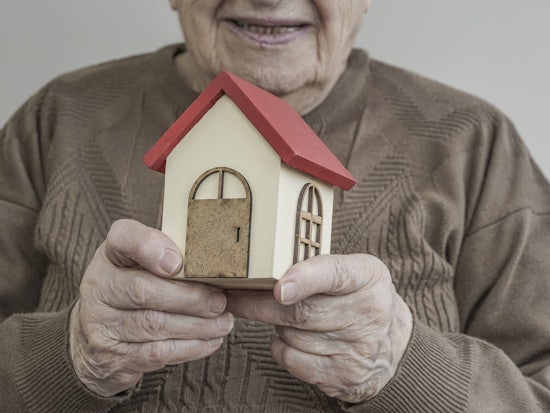South Australian seniors housing stress requires urgent action
With home ownership levels declining housing stress is a growing issue among seniors in Australia, particularly in conjunction with the growing figure of homelessness on the rise .

It is estimated that 67 percent of household owners aged 65 years and over are currently in housing stress, with over 30 percent of their income going towards rent (Source: Shutterstock)
Latest numbers show that approximately one third of seniors in each state are in housing stress, with the ACT leading at 33.7 percent, followed by the Northern Territory and Queensland at 31.5 and 30.5 percent respectively.
Similarly, a recent report based on the latest 2016 Census data is showing that a severe number of older people are currently living in housing poverty due to a lack of affordable housing in South Australia.
The project report Finding a Suitable Home for Older People at Risk of Homelessness in South Australia, authored by Dr Debbie Faulkner from the University of Adelaide’s Centre for Housing Urban and Regional Planning and Jeff Fiedler from Ageing on the Edge Project Worker, has been handed in to the Council on the Ageing South Australia’s (COTA SA) Older Persons Housing Roundtable as well as the South Australian Government. Notable bodies in the aged care sector have strongly recommended that the SA government take urgent action on this issue.
Dr Faulkner says the report “shows that many low income older renters in the private rental market in South Australia are struggling to survive….this group have to cut back on food, mediations, heating and other essentials just to put a roof over their head.
“We are particularly concerned that a third of this group are 75 or over and, due to their age, are at extreme risk of ill health that can be worsened by housing stress or poverty,” she adds.
Mr Fiedler also agrees, stating that “the Census trends are also worrying as they show that there has been a 48 percent increase in the numbers of older households in housing stress in the five years between 2011 and 2016.”
It is estimated approximately 67 percent of low income older households aged 65 years and over are currently in housing stress, with over 30 percent of their income going towards rent. This equates to approximately 4600 households, with 1200 of those households in severe housing stress, currently paying 50 percent of their income.
COTA SA Chief Executive Jane Mussared says that the report not only addresses current major challenges but also outlines practical recommendations the government can undertake. One of the recommended strategies is the implementation of an older persons housing strategy to encourage long term action for this issue.
Mr Fiedler agrees that “…the South Australian Government must develop an older persons housing strategy as renting and retirement will be far more common in the future. Otherwise the well-being of thousands of older people and the viability of our pension, health and aged care systems will be in jeopardy.”
“As an example of why timely intervention to prevent homelessness makes such sense, residential aged care costs more on average than the cost of home care – but home care relies upon an older person have a place to call home,” Ms Mussared says.
“We urge the State Government to follow the lead of other states which have already recognized the risk to their population and their budgets and have used the Ageing on the Edge data to establish strategies around affordable housing and ageing.”
To read the full report, visit www.oldertenants.org.au/























